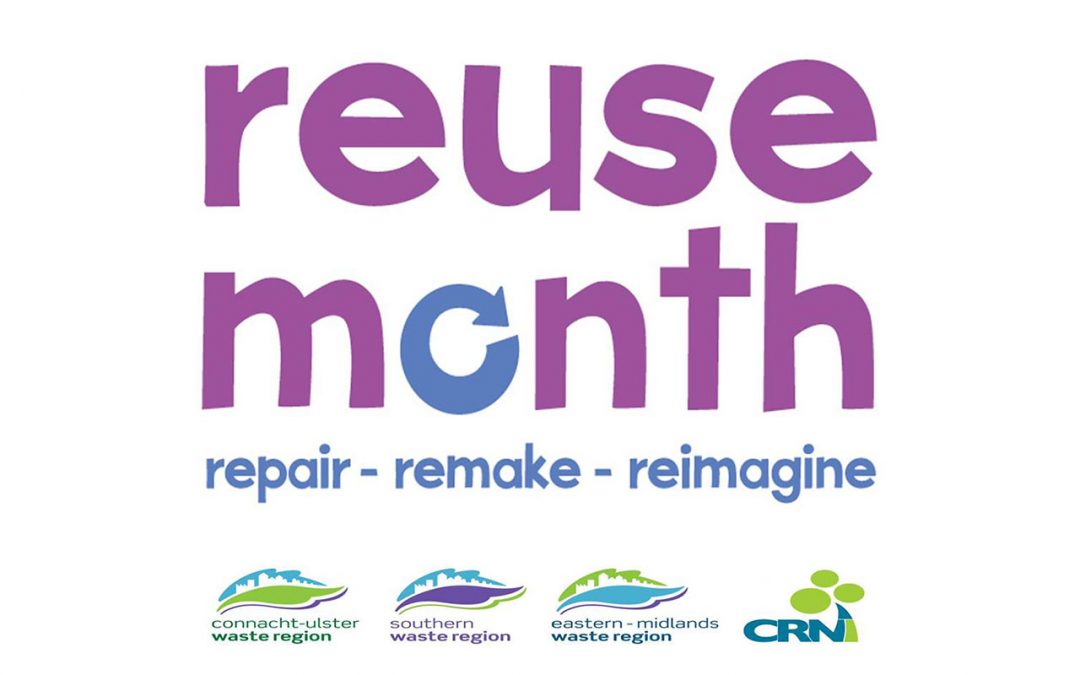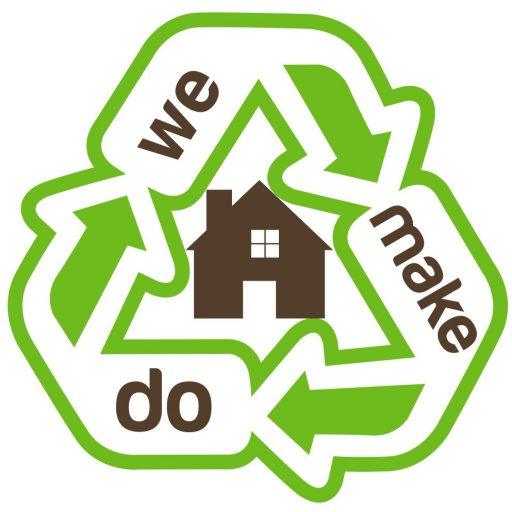
De-Cluttering and Reuse
Clearing stuff from your life to make space for better things..
There is no doubt that stuff brings hassle. Of course stuff bring utility value and pleasure is many ways but if we are honest about the stuff we have chosen to surround ourselves with, does it all continue to bring pleasure and usefulness after that initial perceived need has passed or does some of it become a burden when the novelty has worn off or some small part has broken and repairing it just isn’t worth the effort?
Our WeMakeDo family has recently chosen to get more ruthless about the stuff we choose to keep in the house and even more ruthless about what new things we bring into the house. When we did some reading from the many resources that discuss decluttering, it is suggested that there are additional beneficial effects when you start to reduce the amount of things you surround yourself with and need to be concerned about. You might think of it as a Feng-Shui kinda thing…or maybe that having more physical space in your home can translate into more mental space in your life.
We have generally scrutinized purchases well in advance of making them – i.e. discussed between us whether we really want one of these (whatever it happens to be) before making the purchase. Then we try to be conscientious about either repairing damaged items to get more life from them or moving them on when we think no more value can be had. But when one starts to think about the quantity of household waste we generate (as we did recently in trying to go plastic free and zero waste) it’s clear that avoiding plastic wrapping on your groceries isn’t so impact-ful if you are buying and dumping much larger household items on a regular basis.
Stuff adds complexity to your life and takes from the time you have that is not already absorbed by the non-negotiable demands we all have. Spending time with our kids is one area where we all should probably do more but it tends to compete with the flexible time we have that can be spent dealing with the extra stuff in our lives – fretting over the stuff, maintaining / repairing the stuff, cleaning the stuff, paying for the stuff, etc. As a family that tries to maintain some self-sufficiency in terms of repairs and maintenance we have found that this certainly can be a big time sink and is at odds with many of the things we know are better use of our time (time with kids, hobbies, personal development, etc.). Consumerism has been teaching us that we can buy time savings from things..but these things bring additional costs in terms of your time and attention into your life beyond the first cash outlay. This is why we believe letting less of the non critical stuff into your life in the first place and then making sure it’s of high quality and likely to demand less time during its useful life is an important the first step to regaining control over your time.
To slow the accumulation of things in our home, we needed to change mindset and begin evaluating our purchases differently. What you purchase costs more than the price you pay on the day. Each additional thing you purchase will also use your time, energy, and effort once it’s in your home. You may be buying it for its apparent time saving benefits as portrayed by the company that wants your money, but sometimes there are less obvious costs of ownership that should alos be considered. Before making a purchase, you could begin asking yourself these questions:
- Is this item really needed – beyond the immediate need I’ve already convinced myself of and keeping in mind it will eventually need to be disposed of?
- Do I have a place to store it knowing it may be around for a long time? and do I want to give up that space to this thing?
- How much extra work and pleasure will this thing add to my life?
Others have put this more succinctly: we need to constantly think about our “Joy-Stuff balance”. More stuff tending to mean less joy beyond a certain threshold of utility value. There are different levels on this scale. For example buying and running a second car has a high cash cost, and high hassle cost but then if you decide it needs to be done then presumably the utility value derived is expected to be high (and presumably higher than the costs) – but is it really the case?.On the other end of the scale, did we really need to have a regular set of plates that we use every day and also a “good” set of plates that have literally been used a couple of times since we got married?.Our new answer to this is no and so they are gone to a better home to be reused by someone who can appreciate them. We have spent that last couple of weeks creating piles around the house of stuff that none of us has used in 6 months or that we don’t have any attachment too. It’s an easy question to ask yourself once you’re in the right frame of mind: “does this thing bring me joy?” or “would I care if it was gone?”
So far we’ve not had any difficulty in decisively answering this question and moving stuff we no longer want, on to friends and charity shops mostly and via Donedeal in some cases. An opportunity for some reuse we hope. We are now firmly on this path of decluttering our lives and we have found that as you remove more stuff there is a great associated feeling of well-being that increases as you live with fewer things. We’re hooked and enjoying the process immensely! Most importantly it makes you scrutinize what you buy and why. This is not driven by money savings but instead driven by not wanted to refill your life with more stuff unless “necessary” and “necessary” now has a new meaning!
October has been designated as “National Reuse Month” by the Community Reuse Network of Ireland. They are urging us to pledge to reuse more during the month. We are hoping to give away as much of our unused stuff as we can to others who are willing to reuse it for us – as classic win-win situation wouldn’t you agree?
For more ideas about reuse opportunities – check out our “Make” page where we show some items we’ve repurposed in different ways

